A Nutritionist’s Guide to the Healthiest Cheese Choices
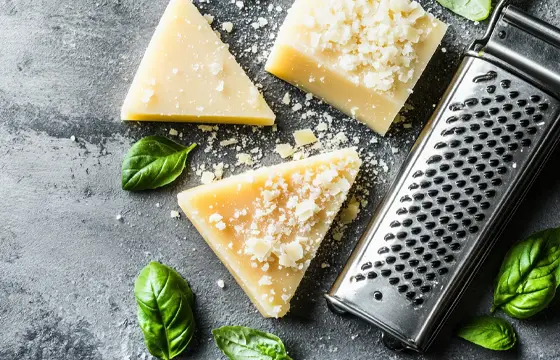
Come on—cheese is one of life's small joys. Melted on bread, sprinkled over a salad, or eaten straight from the fridge (we won't judge you), it's something that not many of us can say no to. The good news? You don't have to.
If you pick the right types, cheese can be quite healthy—filled with protein, calcium, even some vitamins your body craves. Here are seven of the healthiest cheeses to stock in your fridge, and some advice on how to enjoy them guilt-free.
RELATED:
- 20 Best Diabetes-Friendly Snacks Recommended by Dietitians
- Easy Lunch Box Ideas for Kids: What to Pack, Smart Tips & Fun Recipes
- 16 Healthy Snack Ideas For work to Power You Through the Week (Yes, Even Wednesdays)
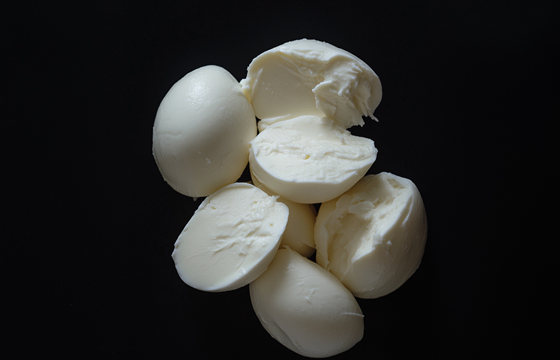
01 | Mozzarella Cheese
It is softer and younger and therefore requires less salt compared to older and harder cheeses. They contain less than 10% of the daily recommended sodium levels.
This cheese is likewise full of nutrients, with 200 mg of calcium in each serving. It's a great source of the bone-strengthening mineral and consists of as much as eight grammes of protein in each ounce. Mozzarella can be added to salads, soups, sandwiches, or omelettes. You may also create a great caprese salad by combining it with tomatoes, fresh basil, and olive oil.
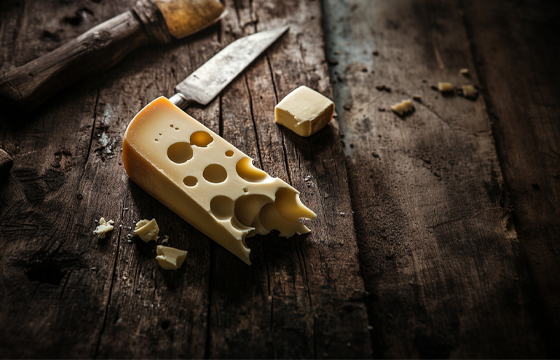
02 | Swiss Cheese
Swiss cheese is a semi-hard cow's milk cheese. It is one of the better choices for an individual who wants a cheese that is less in sodium and fat. Remember that every brand contains differing amounts of sodium, so if you are looking for this cheese because it is lower in sodium, buy brands with 140 mg of sodium or less per serving.
It is richer in vitamin B12 than any other cheese you can get, essential for the health of all your cells, muscles, and nerves. And you'll still be getting about 20% of your daily calcium allowance from it! This much-loved old favorite is a first-class snack in itself, or with fruit. It has about 100 calories per slice, so it makes a great afternoon pick-me-up.

03 | Parmesan Cheese
Full of nutrients, calcium and phosphorus being particularly beneficial for your bones. Furthermore, more robust cheeses like parmesan are lower in fat and higher in protein (around 9 grammes per serving). They might be higher in sodium, but the wonderful thing about parmesan is that a little goes a very long way.
Aged Parmesan cheese also decreases the level of lactose present in it by considerably, which makes it a perfect choice for the sufferers of GI conditions related to lactose.
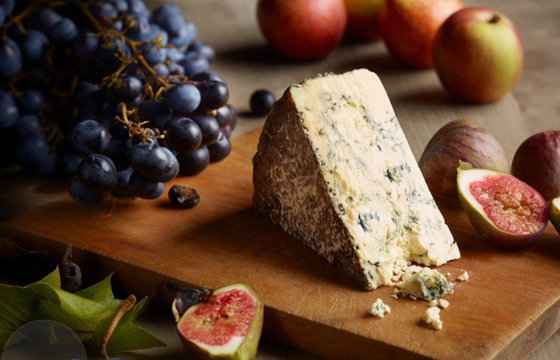
04 | Bleu cheese
Blue cheese has more calcium than other cheeses, which is an important vitamin for healthy bones. However, it also has more sodium. You simply need a few crumbles of this to add flavour to salads, soups, or any handmade appetiser, much as with parm.
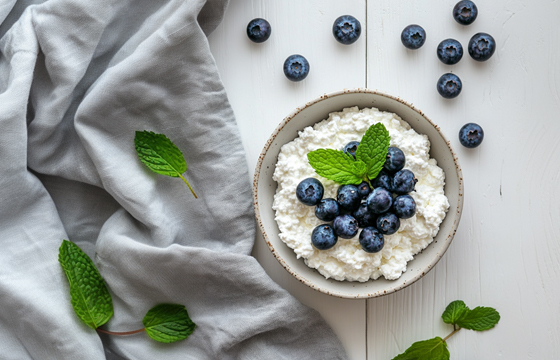
05 | Cottage Cheese
Cottage cheese is a terrific addition to meals and snacks because it has more protein than other cheeses and fewer calories. Selenium, a powerful antioxidant that helps lower the risk of chronic inflammation, is also found in cottage cheese.
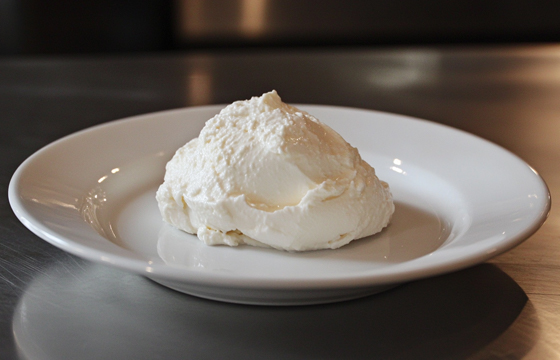
06 | Ricotta Cheese
Ricotta is an Italian cheese produced from buffalo, sheep, goat, or cow milk. Ricotta is primarily whey protein, and whey protein has all the amino acids needed by the body. Whey protein is reputed to increase muscle mass and possibly regulate weight and maintain heart health.

07 | Goat Cheese
For others, goat cheese is less irritating to the digestive system than cow milk cheese. It is lower in lactose and A2 casein, which irritate the stomach less than the proteins in cow milk. Super on salads, wraps, toasted and spread on fruit, and with honey.





